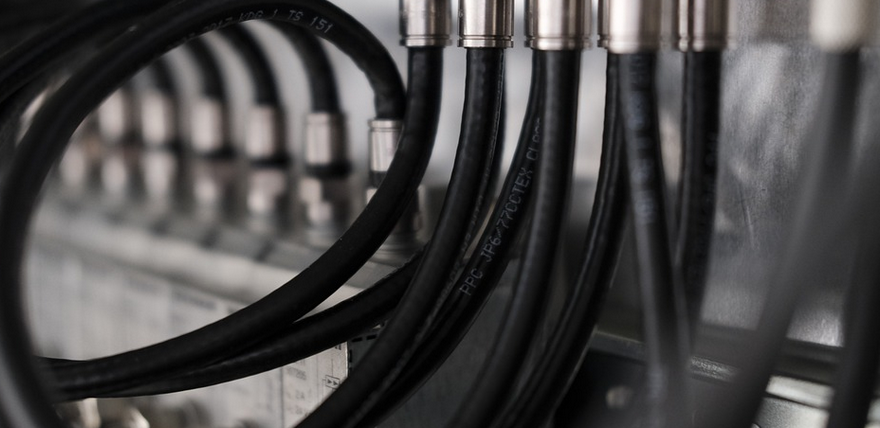What’s a Smooth Ride Without a Smooth Transmission?
You know that feeling when you hit the gas, and your Suburban leaps forward with ease? It’s a feeling of power and confidence. But what happens when that smooth transition between gears doesn’t quite feel right? When the transmission starts acting up, it can be more than just annoying–it often means facing some serious repairs.
Whether you own an older model or a newer Suburban, the prospect of dealing with transmission issues can be daunting. But don’t worry! Understanding these common problems can help you navigate them like a pro. This article dives into the world of Chevy Suburban transmission woes, offering insights and solutions to keep your ride running smoothly.
Common Issues Faced by Chevy Suburbans
The good news is that many of the common transmission issues in Suburbans can be solved with regular maintenance. But sometimes, even the best care can’t prevent a breakdown. Here are some of the most common problems Chevy Suburban owners face:
- Overheating Transmissions: This is one of the most prevalent issues. When the transmission fluid gets too hot, it can cause serious damage to the internal components. This often occurs from a buildup of contaminants or restricted airflow.
- Fluid Leaks: Transmission fluid leaks are not just an aesthetic nuisance—they can seriously impact your Suburban’s performance and longevity. A leaking transmission line, gasket, or seal needs to be addressed promptly.
- slipping Transmission: This is the bane of every suburban owner’s existence! If you feel like your Suburban is struggling to move smoothly through gears, it could signal a problem with the clutch, torque converter, or even just wear and tear on the transmission itself.
- Rough Shifting: This can signify issues with the valve body or the band adjustments. It often happens when there is no fluid flow or too much pressure inside the transmission.
Don’t just throw your hands up in despair—knowing the symptoms can help you take action before a bigger issue arises.
Understanding Your Transmission System
The heart and soul of any Suburban lies with its transmission. This complex system is responsible for transferring power from the engine to the wheels, ensuring smooth acceleration and effortless driving. The typical system includes components such as a torque converter, valve body, hydraulic pressure, clutch plates, and gears.
A healthy transmission needs regular maintenance and care to keep those moving parts in optimal condition. Think of it like your car’s engine—taking care of the transmission ensures it runs smoothly and efficiently for years to come.
Preventive Maintenance Tips
Preventing transmission problems before they even start is key to enjoying a hassle-free driving experience.
- Regular Fluid Changes: This might seem obvious, but changing the transmission fluid regularly (check your owner’s manual for recommended intervals) can be a huge help. Fresh fluid reduces wear and tear on internal components while ensuring smooth shifting.
- Fluid Level Checks: You should always check the transmission fluid level to ensure it stays within the proper range. Low fluid levels don’t just cause problems, they also indicate potential leaks and other issues.
- Inspect the Transmission Line: Check for any signs of leaking or damage on your transmission lines. A visual inspection can help you catch issues before they become bigger problems.
When to Seek Professional Help
While regular maintenance is crucial, sometimes even the best preemptive measures can’t fix a problem completely. If you notice any of the following symptoms, consider seeking professional help:
- Grinding Noise: A loud grinding sound when shifting gears indicates a serious issue with the transmission.
- Slipping Gears: This is a clear sign of trouble and requires immediate attention from a mechanic.
- Fluid Leakages: Don’t ignore leaks, especially if they are coming directly from your vehicle or leaking on the floor. These can cause serious damage.
Rectifying Transmission Issues
Don’t panic when you encounter a transmission problem! A good mechanic can diagnose the issue and provide the best solution for your Suburban
Here are some steps to address these issues:
- Diagnose the Issue: The first step is always a thorough diagnosis. A qualified mechanic can use specialized equipment to pinpoint exactly what’s wrong.
- Repair or Replace, as Needed: Depending on the severity of the problem and the age of your vehicle, you may need to replace parts like the clutch, torque converter, valve body, or even just a gasket.
- Preventative Measures: After repairs are made, it’s crucial to put preventive measures in place – regular fluid changes and meticulous maintenance checks will help avoid future issues.
A Smooth Ride is Possible
Transmission problems can be a big headache, but don’t let them get you down. With a little bit of preparation and the right approach, you can keep your Suburban running smoothly for years to come. Understanding these common issues and seeking expert help when needed will ensure that you enjoy the comfort and performance of your beloved Chevy Suburban.



